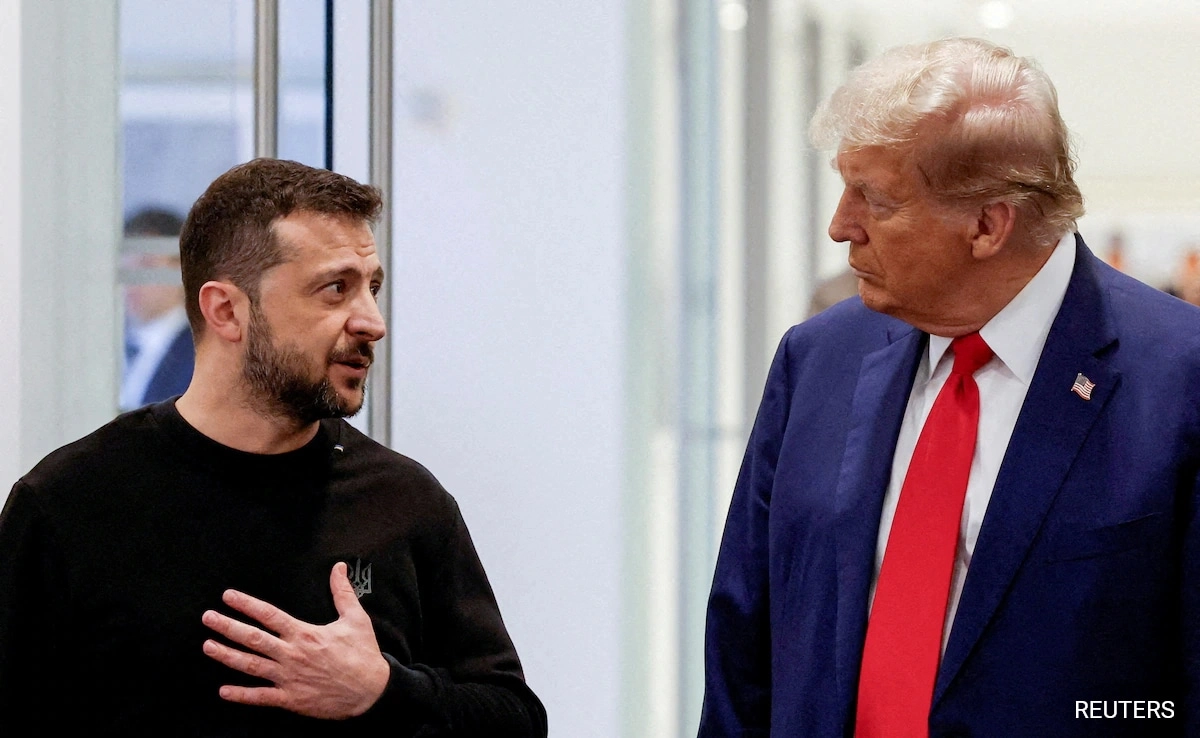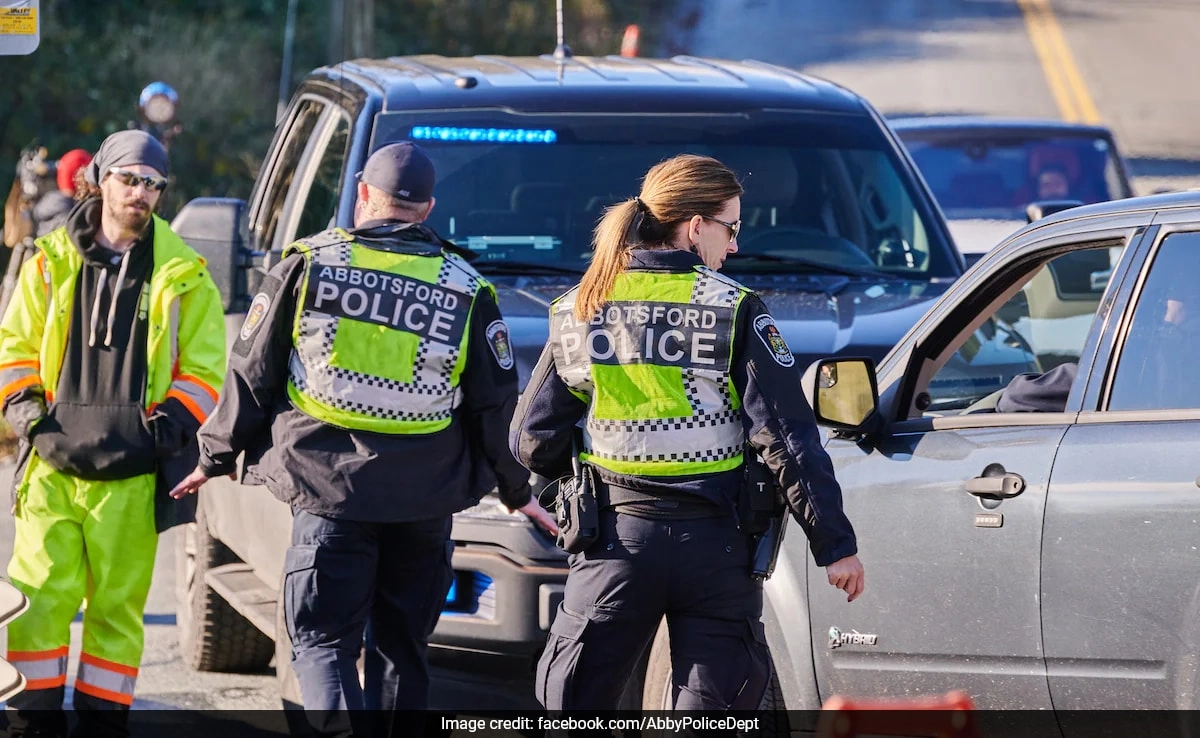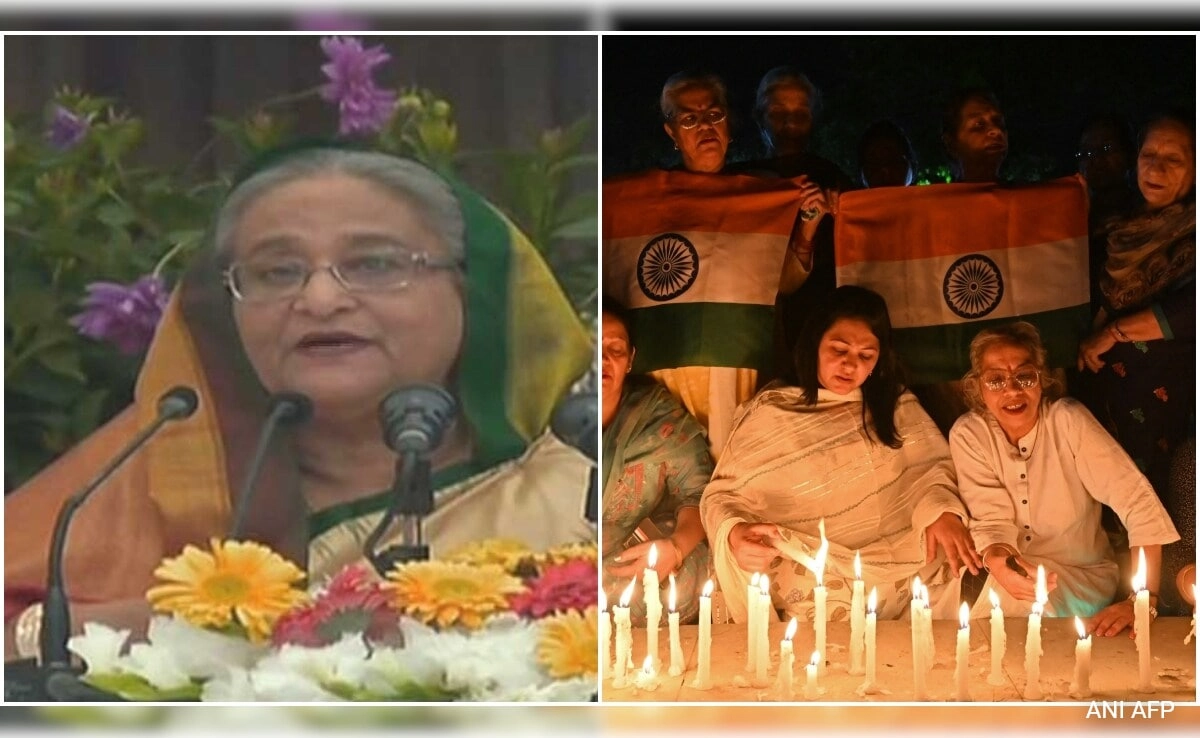In a significant diplomatic development, former President Donald Trump engaged in a conversation with Ukrainian President Volodymyr Zelensky a day after his call with Russian President Vladimir Putin regarding the ongoing conflict between Russia and Ukraine. This interaction underscores the complexities of international relations in the context of the war, which has drawn widespread global attention and concern. Trump’s dialogues with both leaders highlight the delicate balance of power and influence that characterizes the current geopolitical landscape.
During his call with Zelensky, Trump reportedly expressed his support for Ukraine amid the escalating tensions with Russia. This conversation comes at a time when Ukraine is facing numerous challenges, including military aggression and economic instability. Trump’s outreach may be seen as an attempt to reaffirm his position in the international arena, particularly as discussions about U.S. foreign policy and military aid to Ukraine continue to intensify.
On the other hand, Trump’s simultaneous communication with Putin raises questions about his approach to diplomacy and conflict resolution. Critics argue that engaging with both leaders could create a perception of inconsistency in U.S. foreign policy, while supporters may view it as a pragmatic strategy to foster dialogue. The juxtaposition of these calls illustrates the intricacies involved in navigating relationships with both allies and adversaries in an era marked by rapid changes in global power dynamics.
As the Russia-Ukraine war continues to unfold, the ramifications of Trump’s discussions with both Zelensky and Putin will likely resonate through international relations for years to come. Observers will be keenly watching how these interactions influence not only the immediate situation but also the broader geopolitical landscape, including implications for NATO, European security, and the U.S.’s role on the world stage. Ultimately, the outcomes of these conversations may shape the future of U.S.-Ukraine relations and the ongoing conflict in the region.




